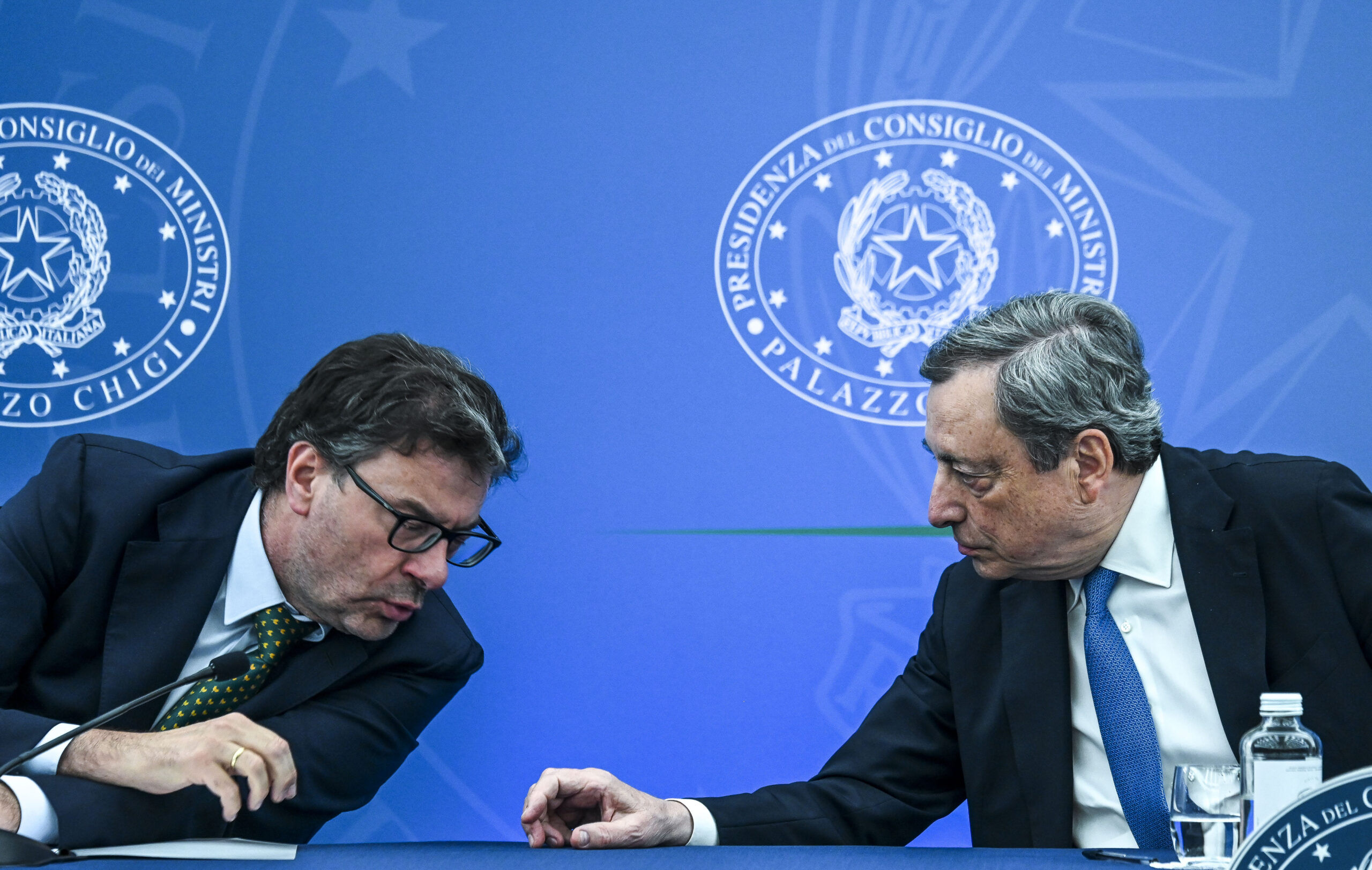I will explain to you the hypocrisies and truffisms on the Superbonus

What is said and what is not said about the Superbonus. Giuseppe Liturrri's analysis
Did you want the energy transition? And now ride, because it's not free and you won't get the transition anyway. With this lapidary consideration, we would like to try to bring order to the many figures and assessments that have returned to occupy the scene in recent days.
Starting from the alarm launched simultaneously last Sunday by Corriere della Sera and by the Minister of Economy Giancarlo Giorgetti, speaking at the Ambrosetti Forum in Cernobbio.
The news is that the estimates on the impact of the construction bonuses on the needs and on the net balance to be financed has increased from 116 billion in May to around 146 billion last communicated by the director of the Revenue Agency directly to President Giorgia Meloni. Another additional 30 billion which, sooner or later but certainly not in full, families and businesses will compensate with their respective tax debts until 2035. Waiting to read a comprehensive and updated overview in the upcoming update note to the economics and finance document (Nadef ) we are not convinced by many things about this media hype, starting from the failure to read the evident fingerprints of the EU Commission, the great sponsor of this race for energy efficiency in our homes.
In fact, it must be remembered that the works whose costs now seem to explode have always been a passion of Brussels bureaucrats. Starting from the PNRR, which finances the Superbonus with 13.6 billion, as well as other measures to improve the energy performance of public buildings. It is the Commission itself, in a September 2021 report on the construction sector in Italy, which underlines "the extraordinary results" obtained in the first months of application of the rule, which were then worth around 8 billion in works and today are set to exceed the threshold of 100 billion by the end of the year.
The Commission has not only relied on the extraordinary post-pandemic budget but also intends to use the ordinary budget because just yesterday Veerle Nuyts, spokesperson of the EU Commission for economic issues, declared that "the cohesion fund, both for the 2014- 2020 and for the 2021-2027 cycle, will continue to place great emphasis on renovation in construction for sustainable homes and buildings."
Perplexities arise when Giorgetti tries to attribute to himself a renewed virginity by expressing concern about the impact of the Superbonus on public finances. In fact, it is true that the rule was born with the Conte 2 government, but it was the decisions of the Draghi government – of which he was part – that contributed to determining the current effects on public finances. If they wanted to stop him, they could have. But the Draghi government would fall a second later, without the decisive support of the M5S. We understand the objective impossibility – under penalty of a deadly blow to the performance of the economy – of stopping the moving train already at the end of 2021. The same objective impediments that forced the Meloni government to gradually weaken the relief, rather than a clear stop . But intellectual honesty would like Giorgetti to remember that his own general director Riccardo Barbieri Hermitte declared in a parliamentary hearing last May 23rd that the macroeconomic impact of the superbonus and the facade bonus was equal to 2.2, 1.8 and 0.9 respectively percentage points of higher real GDP growth in 2022, 2023 and 2024. If we consider that the latest growth estimate for 2023 and 2024 is equal to +1.0 and +1.1, we conclude that, without building bonuses , by 2023 we would have been in a sharp recession.
Results to be evaluated carefully, due to the brake on growth represented by the significant impact of imports (+2.4%). Because it must be remembered that we import almost all materials, hence the relatively low fiscal multiplier of spending on GDP (between 0.5 and 0.9).
Furthermore, the impact on needs and net balance to be financed, which Giorgetti spoke about, is distributed until 2035, despite having the greatest concentration until 2026. The owner of the Mef would also have done well to remember other precious considerations of his director , which should also be addressed to the principals in Brussels. In fact, in the May document we read that "the incentives favor investments in the energy requalification of existing buildings, supporting additional investments that would not have been made in the absence of incentives, with important consequences on the achievement of the energy transition objectives".
But the results on this front leave something to be desired, especially in terms of efficiency. Mef technicians explain that the reduction in total energy consumption attributable to the Superbonus is equal to 3% in 2022 and the reduction in emissions is equal to 1.7%. The cost to reduce consumption by one kilowatt hour is equal to 5.2 euros. A frankly unsustainable relationship, to the point that even the International Monetary Fund has found that " the value for money is poor if we compare the high subsidy rates of the measure with its results in terms of efficiency ". In short, there is no shortage of arguments against the Superbonus, but talking only about spending is partial and misleading.
This is a machine translation from Italian language of a post published on Start Magazine at the URL https://www.startmag.it/economia/vi-spiego-ipocrisie-e-tartufismi-sul-superbonus/ on Sun, 17 Sep 2023 07:16:03 +0000.
